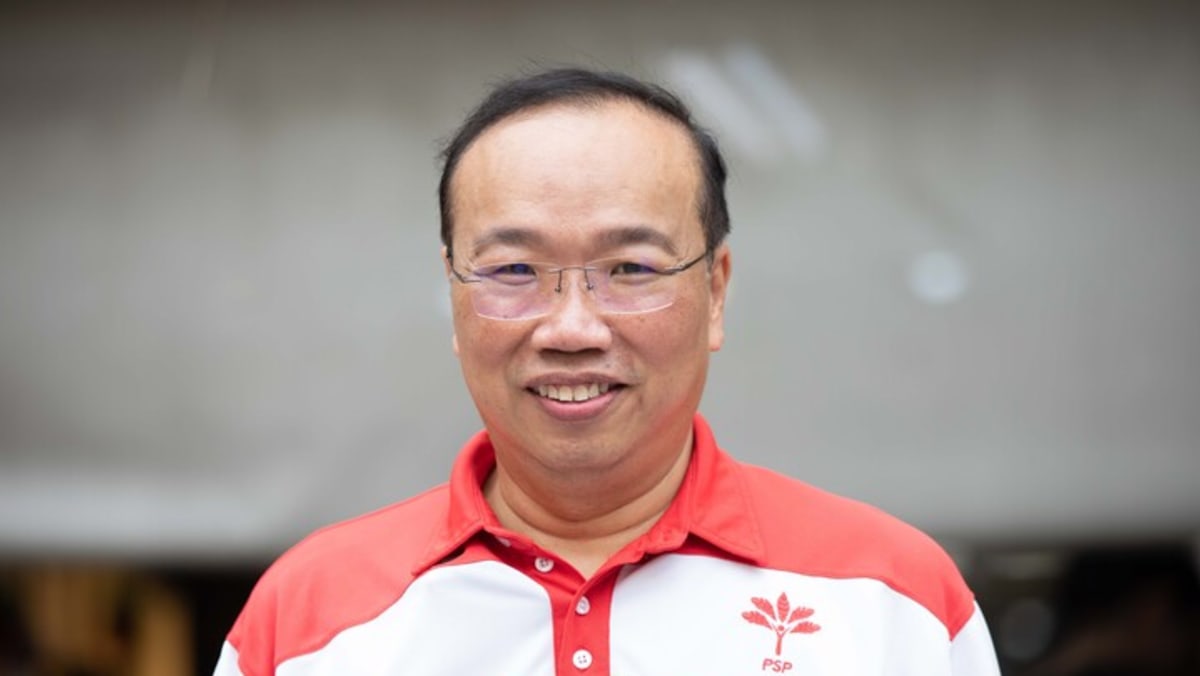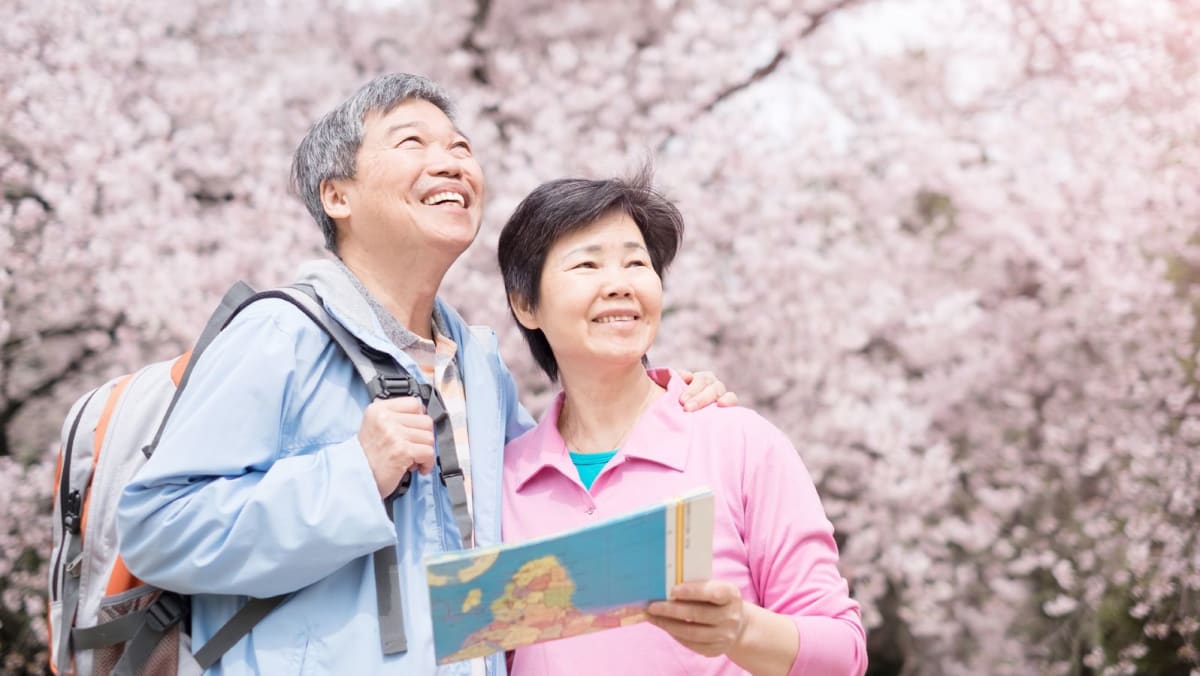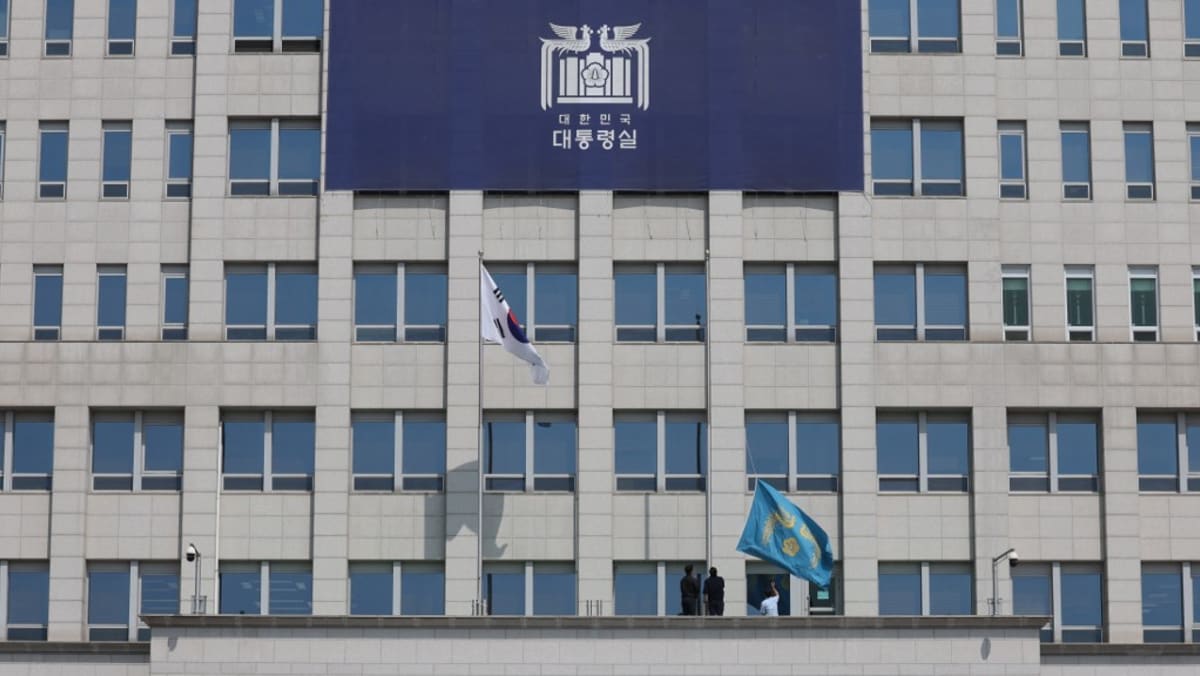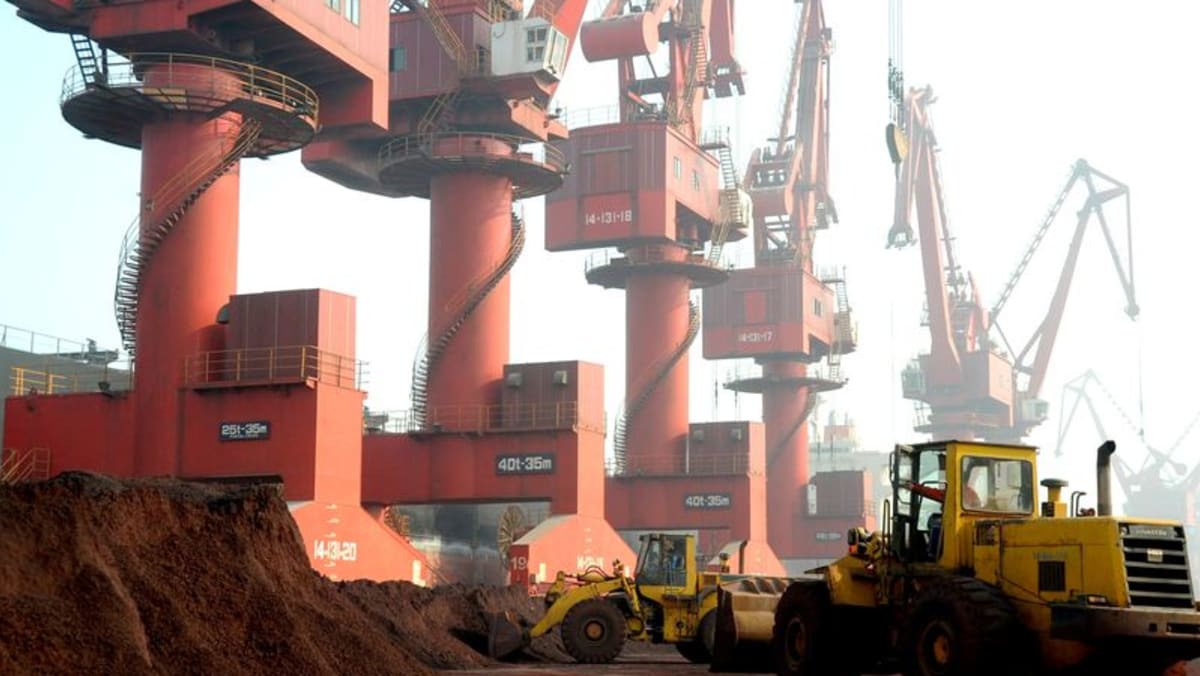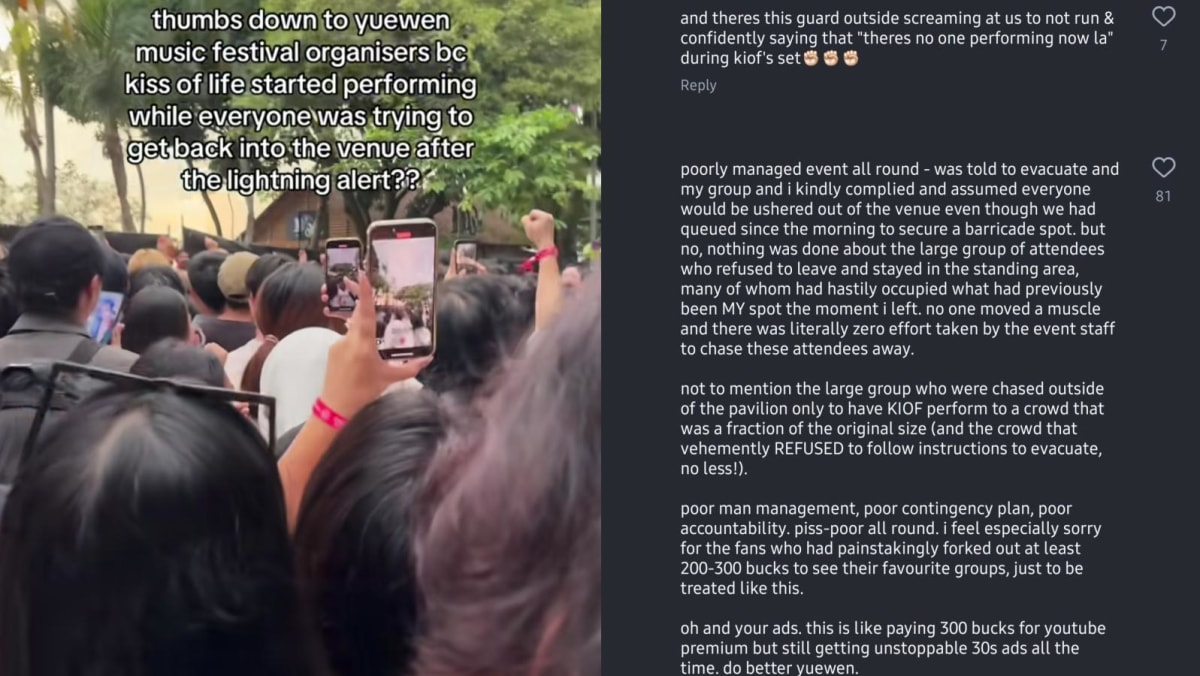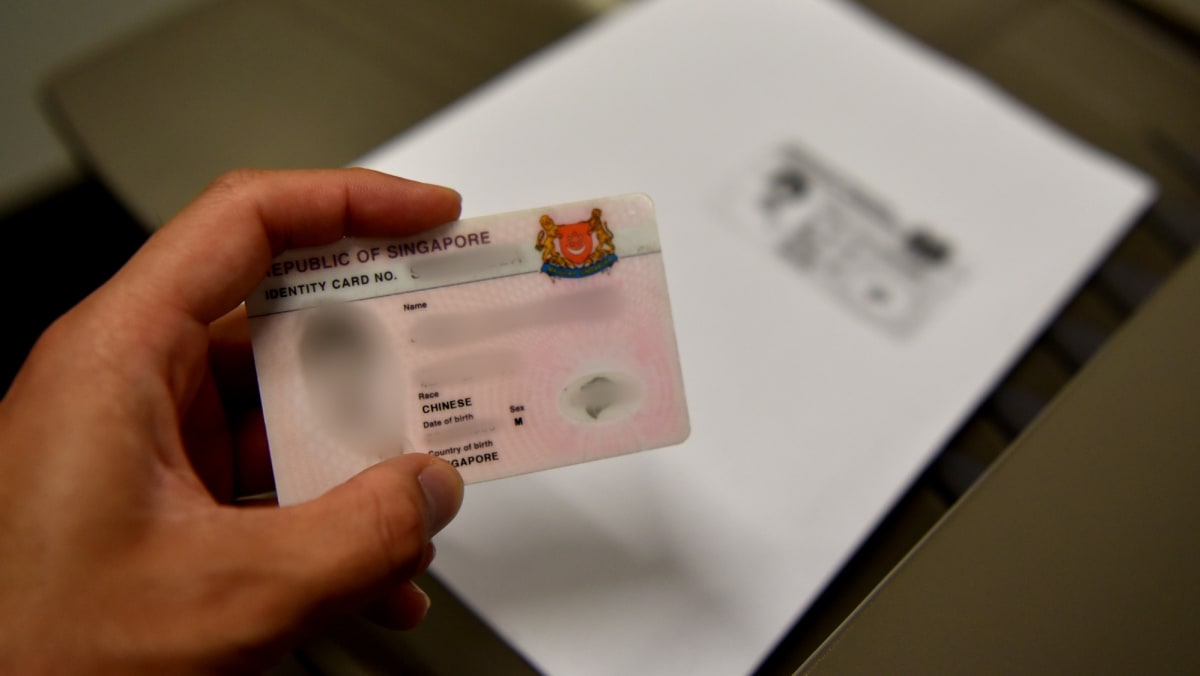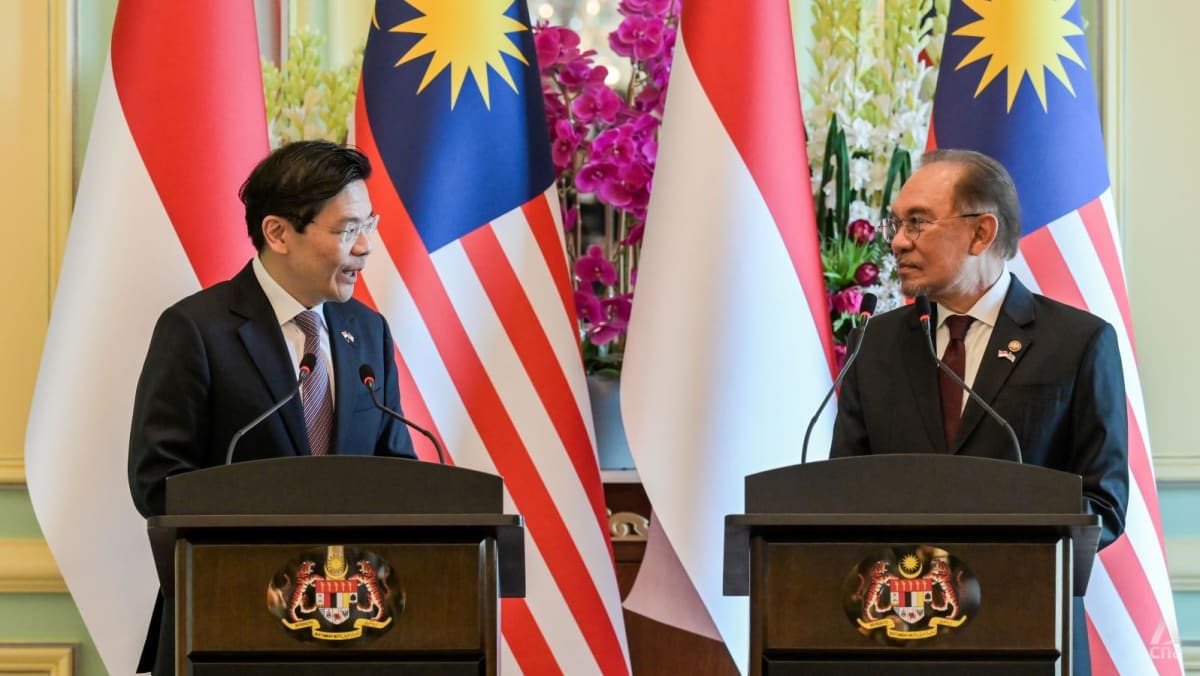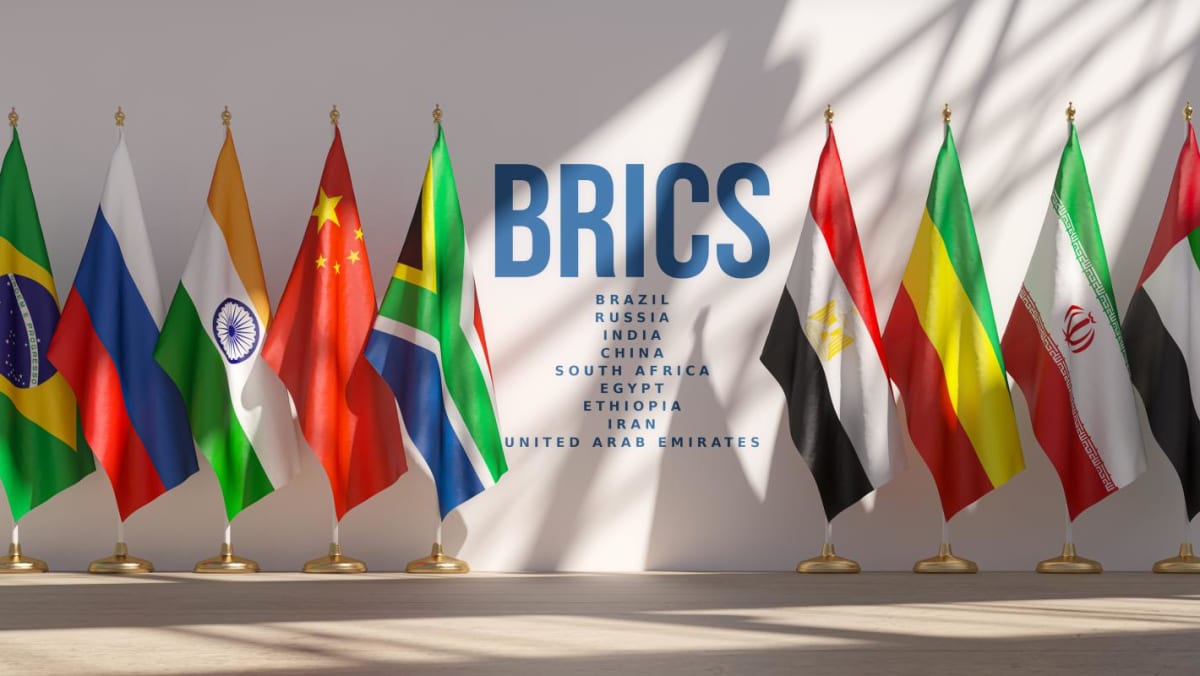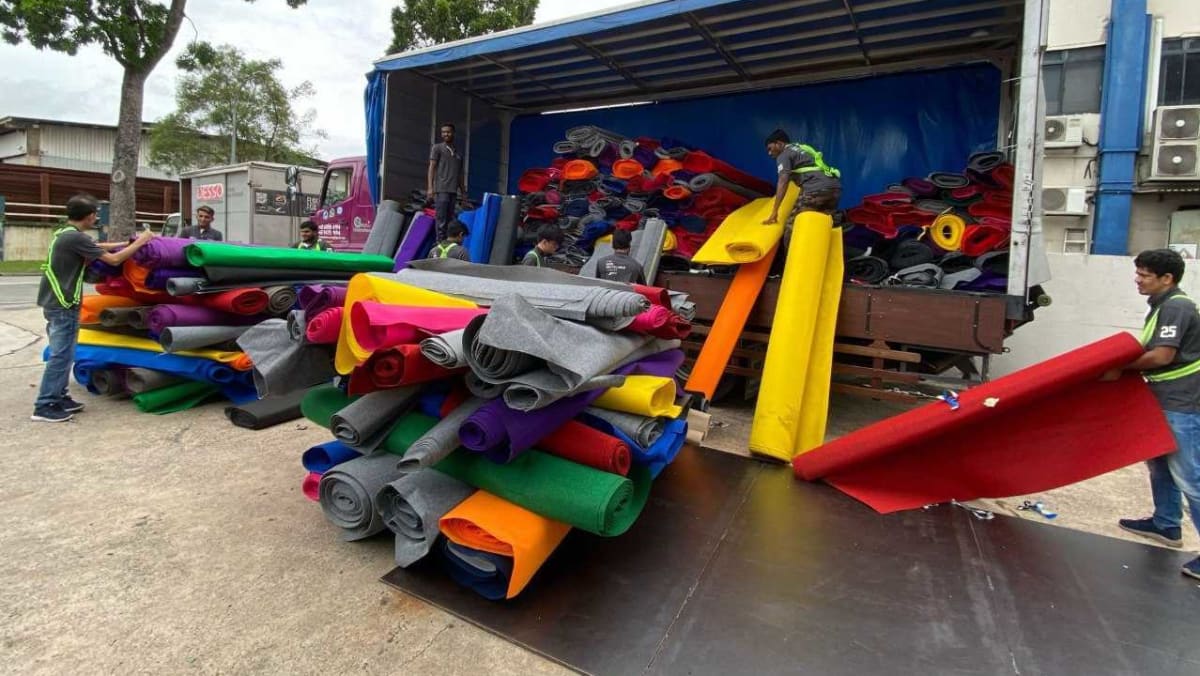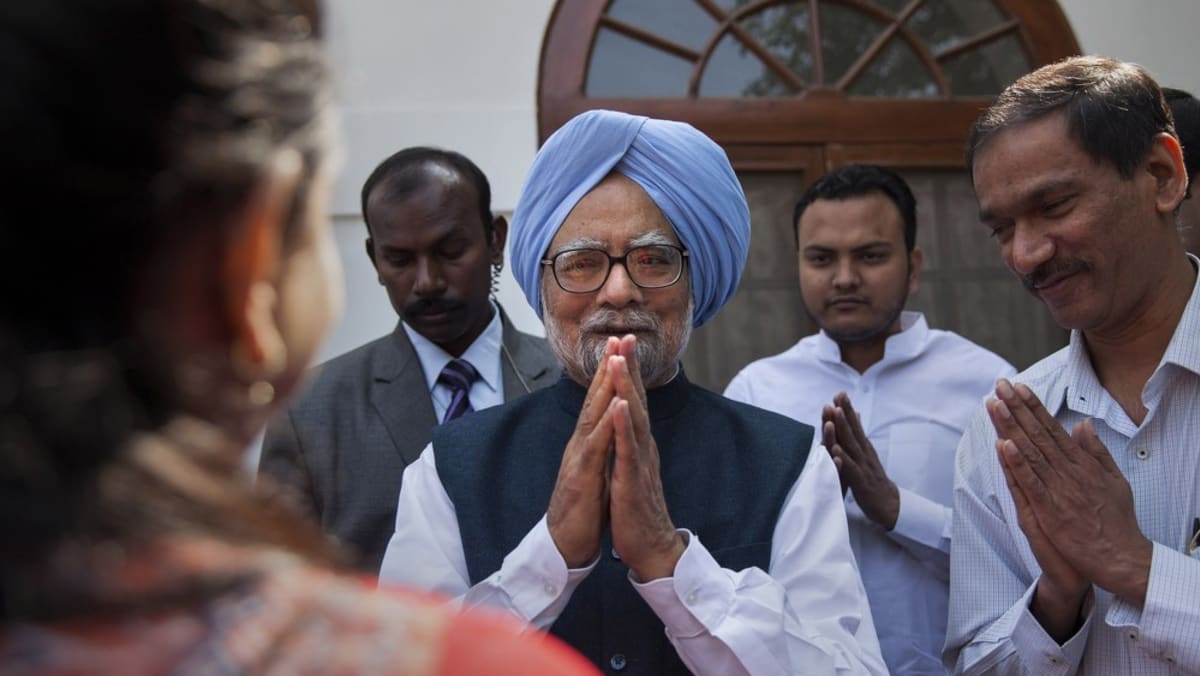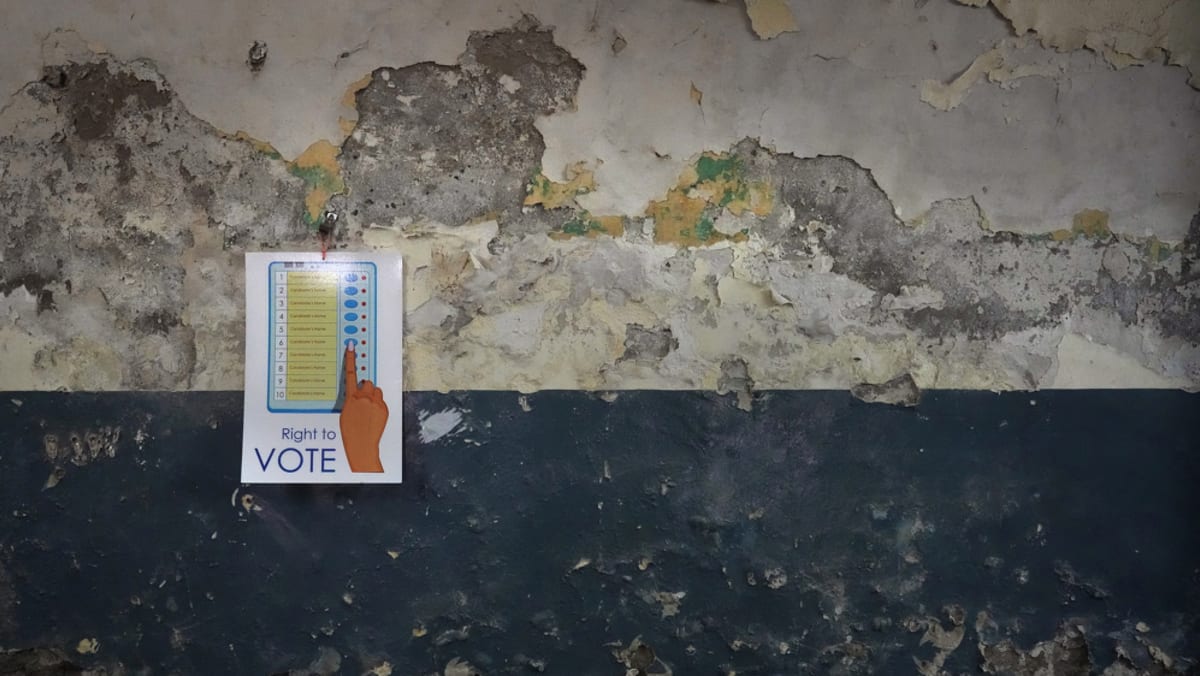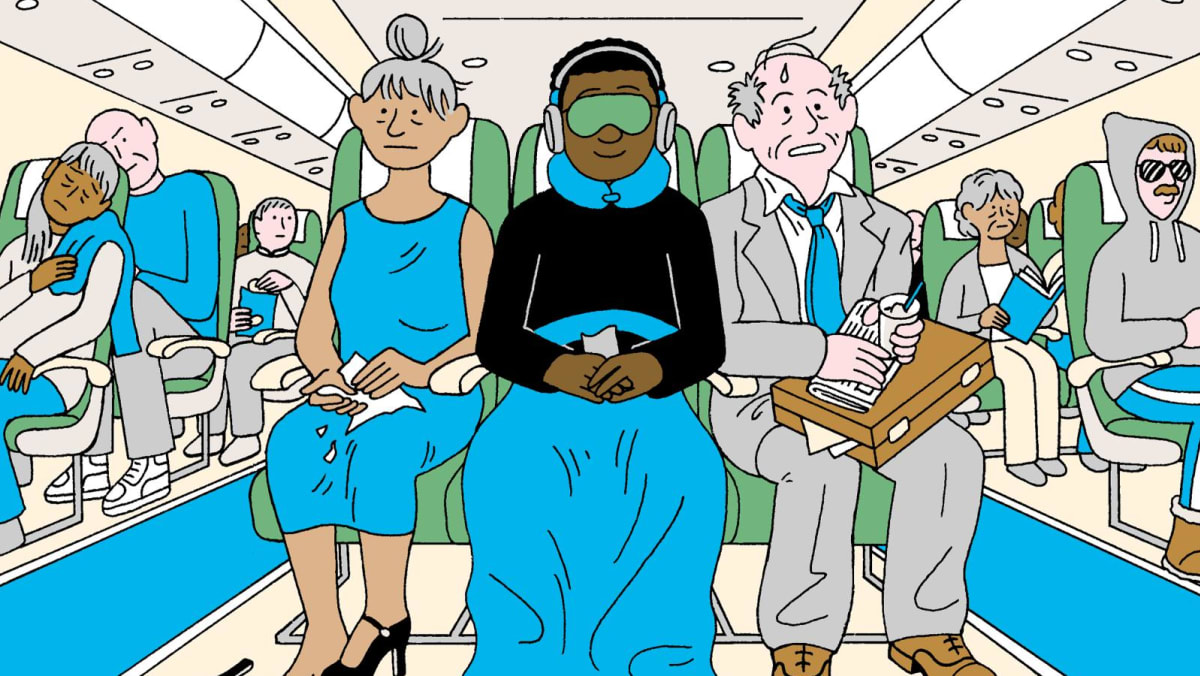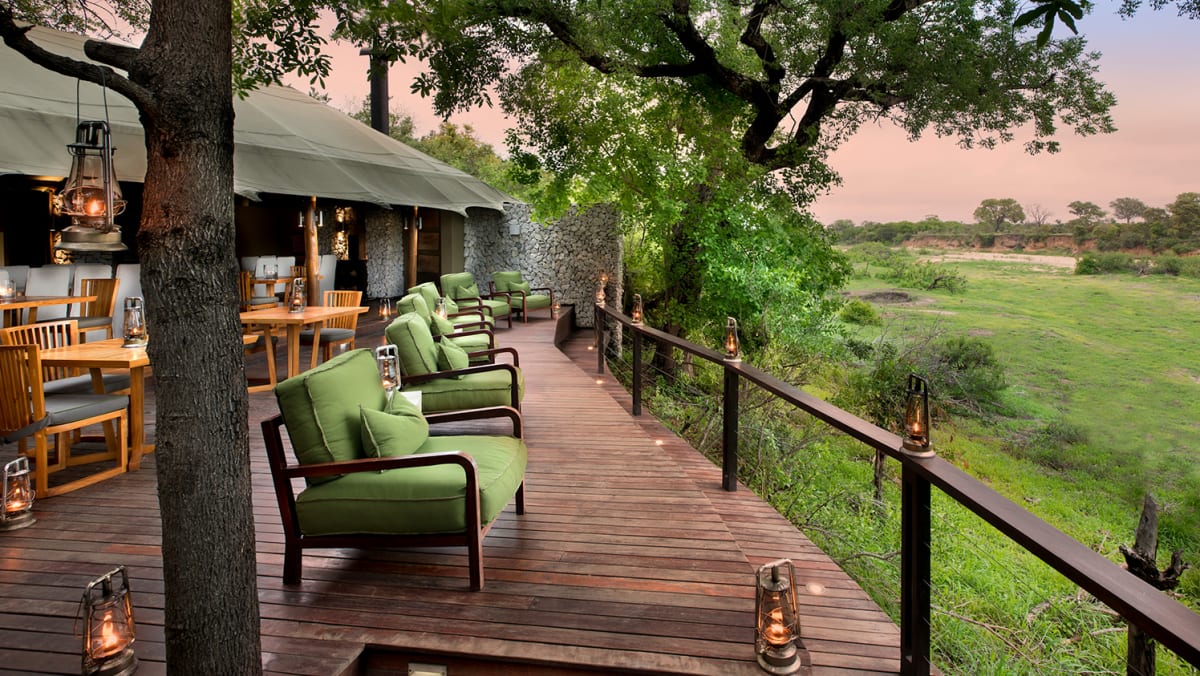SINGAPORE: Chinese New Year is here again. You know it, you can feel it in the air. There’s dong-dong-chiang music in every shopping mall, and lion dance troupes are getting their lettuce and oranges ready.
Of course, no Chinese New Year would be complete without bak kwa. The barbecued pork snack becomes akin to an illicit contraband substance each time this year. People lose all sense of time queuing for popular brands. Importing it from Malaysia is still banned. Meanwhile, customs officials in Australia and New Zealand are ever vigilant of families hiding it in their suitcases.
You can just imagine the conversations in Singapore …
“Psst, you want some bak kwa? I got the good stuff, top grade, no need to queue. Best price for you!”
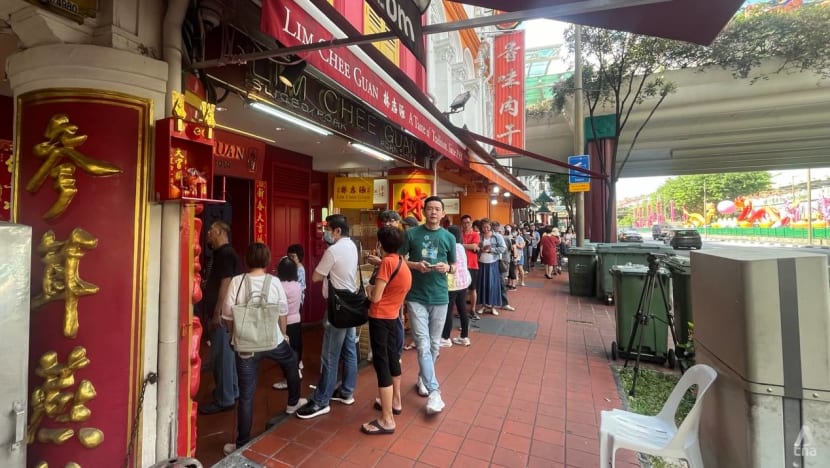 The queue outside Lim Chee Guan’s New Bridge Road store. In the Chinese New Year period, the line usually snakes all the way to the next building, with customers waiting for more than an hour. (CNA photo: Clara Lee)
The queue outside Lim Chee Guan’s New Bridge Road store. In the Chinese New Year period, the line usually snakes all the way to the next building, with customers waiting for more than an hour. (CNA photo: Clara Lee)
FESTIVALS ARE FUN, BUT EXHAUSTING
I often tell my friends in the United Kingdom that despite the “low-feeling” of post-Christmas January, at least one can begin to recover from all the socialising and feasting.
For those of us who celebrate Chinese New Year, it’s many more rounds of gatherings, eating and regretting (the calories).
But who are we to complain? Festivals are events we look forward to because they are an opportunity to meet family and friends, do some shopping, or declare loudly at work that “you’re not going to do anything anymore until [insert festival name] is over, because no mood lah.”
Retailers, of course, love festivals even more than we do. That’s when they make a significant proportion of their revenue. Hence, it is often in the interest of restaurants to guilt-trip children during Mother’s or Father’s Day to drag their (sometimes) unwilling parents to crowded eateries chock-full of other (sometimes) unwilling parents.
WHY DO WE CELEBRATE FESTIVALS?
But apart from the obvious commercial vested interests, we can understand that festivals like Chinese New Year, Christmas, Deepavali, Hari Raya Puasa and more are also moments for individuals and groups to express social solidarity (shared values, meanings and bonds) through social interaction.
The giving and receiving of gifts, whether presents or red packets, is seen as a way for individuals to engage in acts of reciprocity to reinforce their social connections and social interdependence with one another.
This is also why hongbao amounts during Chinese New Year and weddings alike are carefully calibrated and recorded so as to ensure that reciprocity is harmonised, and no one is “spoiling the market”.
In Asian societies like ours, which value actions and interactions more than verbal expressions, these gestures take on even greater significance.
It’s why Asian parents, who stereotypically do not rely on “words of affirmation” as their love language, will queue for four hours to buy your favourite bak kwa. It’s also why you drag them out to a restaurant on Mother's or Father’s Day.
THE CHANGING FORM OF FESTIVALS
At the same time, scholars have also noticed that festivals which were traditionally family-focused have started to diverge in how they are celebrated, particularly “with whom”. Instead of spending all their time with family, individuals are now also choosing to spend time with friends as well.
In Singapore, some take the opportunity to travel during Chinese New Year, albeit with family, but also in an attempt to avoid the extended family. What was once seen as a core, undisputable duty to visit and socialise appears to be becoming increasingly optional for some.
Why is this? In a blog post for the University of Birmingham, sociologist David Bomark talks about “Friendsmas”, a trend where people spend Christmas with friends rather than family. Bomark explains how Friendsmas is indicative of changes in society, where formed connections (like friendship) is equally, if not sometimes more important than structural connections (like family).
In other words, as families shrink and societies change, we are becoming more open to actively choosing who we want to gift, interact and demonstrate solidarity with.
NOT THE END OF THE FAMILY, BUT WE NEED TO REACH OUT
Obviously, this is not the end of the family unit, although there will always be a small section of society wringing its hands bemoaning the loss of “traditional” values.
I am now old enough to realise that values, ideals, and even what constitutes “family” can and do change - sometimes for the better, sometimes not.
What is important though, is how Singapore as a whole needs to keep reaching beyond our comfortable social bubbles (both physical and online), to interact in ways that encourage and acknowledge diverse opinions.
Too often we are encouraged to “cut out toxic people” in our lives, which to me, feels more like the easy way out of discussing your feelings. Not comfortable with a connection? Unalive it, as the young people like to say. Yet such a knee-jerk action can become a shortcut to polarising views and retreating further into one’s social bubbles.
Festivals like Chinese New Year or Christmas, however, force us to socialise in circles we are not used to - family, friends, and sometimes those we don’t see eye to eye with.
Social media often goads us into wanting immediate conflict and/or resolution, as if everything could be settled in 280 characters, 30 seconds of video, or a snarky comment on Reddit.
I think we can do more and do better. We don’t have to demonstrate solidarity with every opinion or value we encounter, and we shouldn’t, but we should at least try to understand where people are coming from.
And if it all fails, at least there will be bak kwa at the gatherings?
Terence Heng is Reader in Sociology at the University of Liverpool.


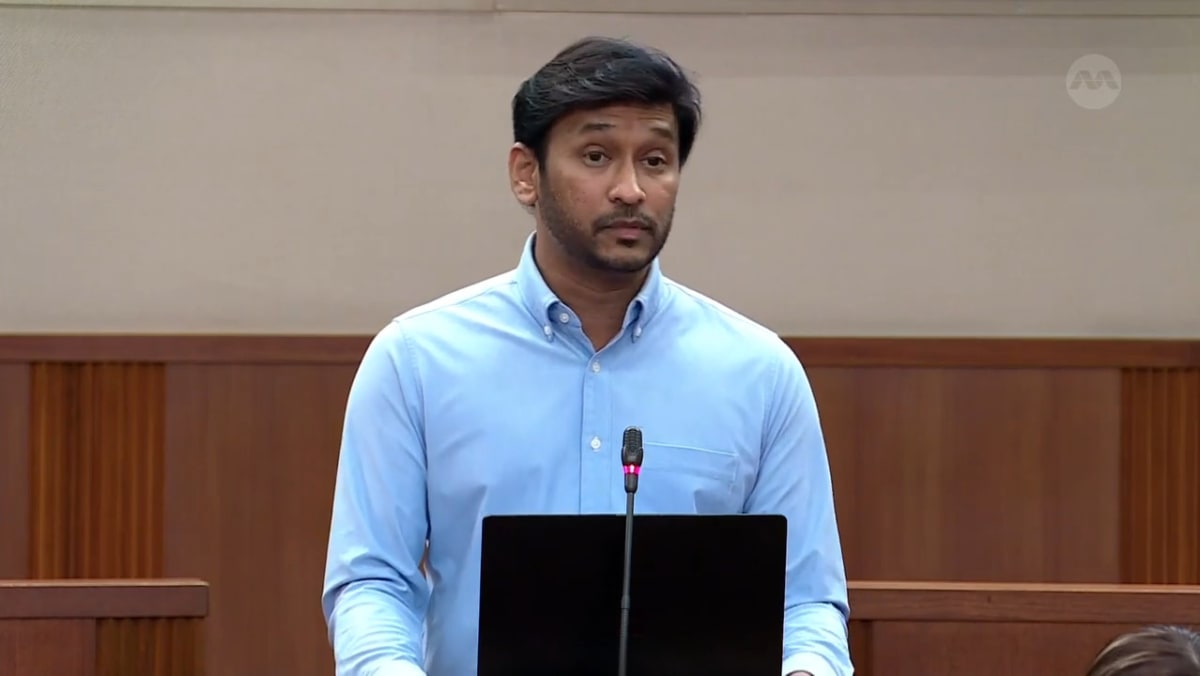
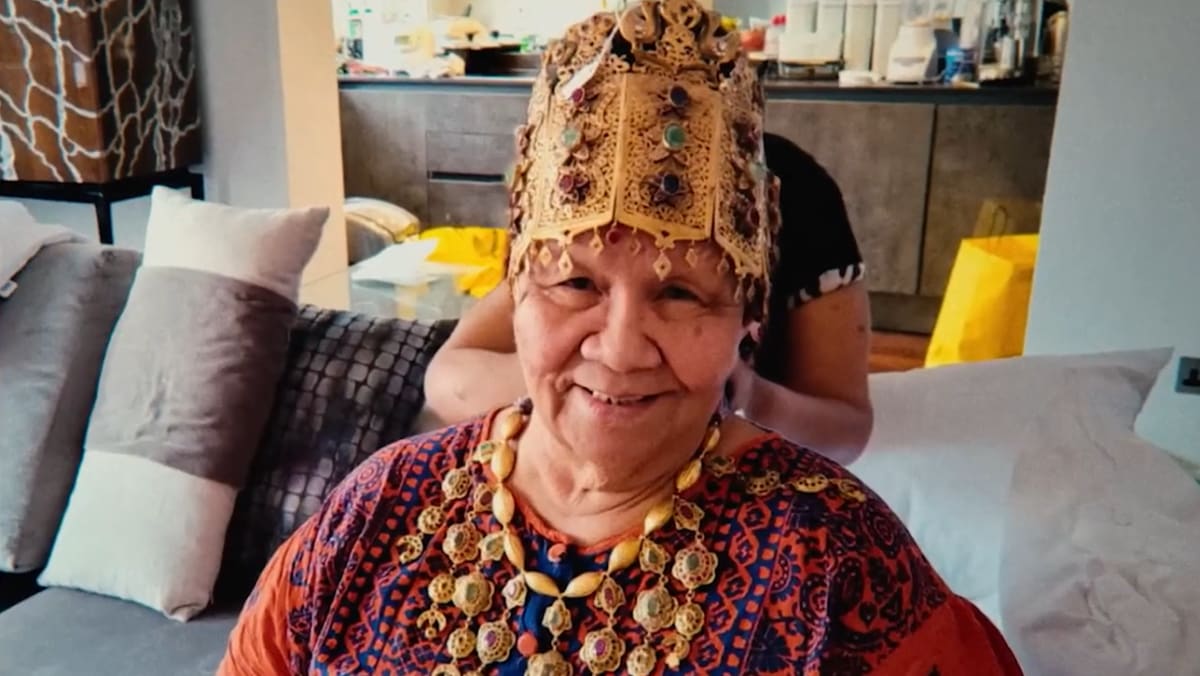
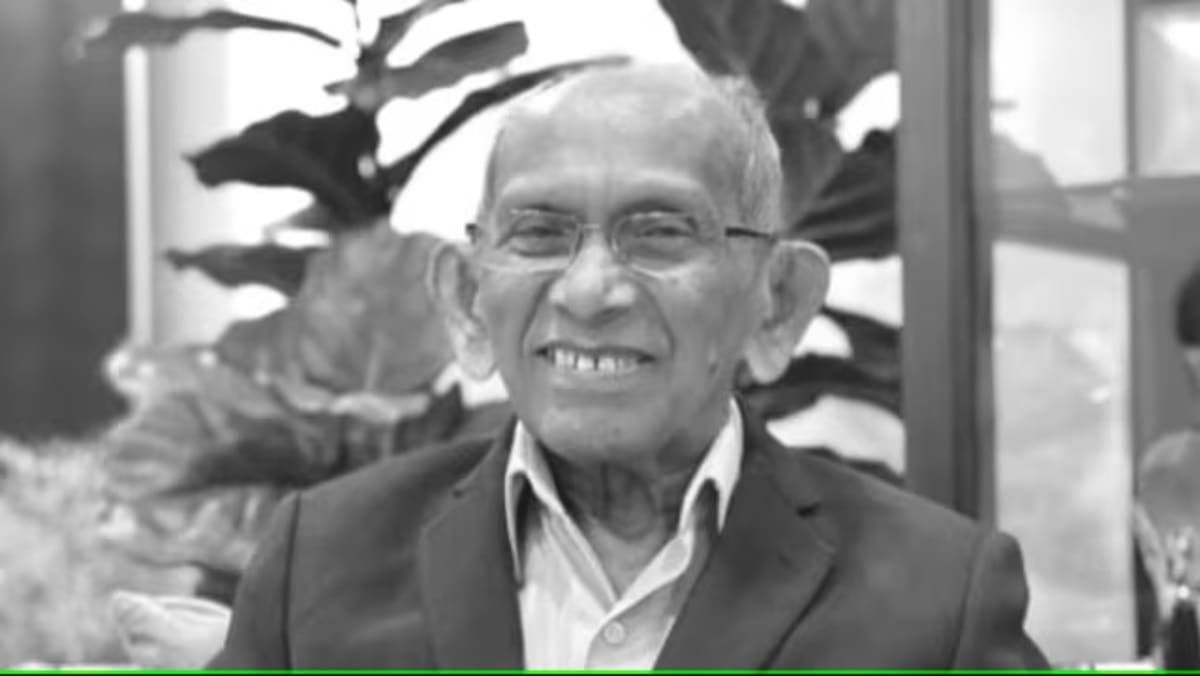
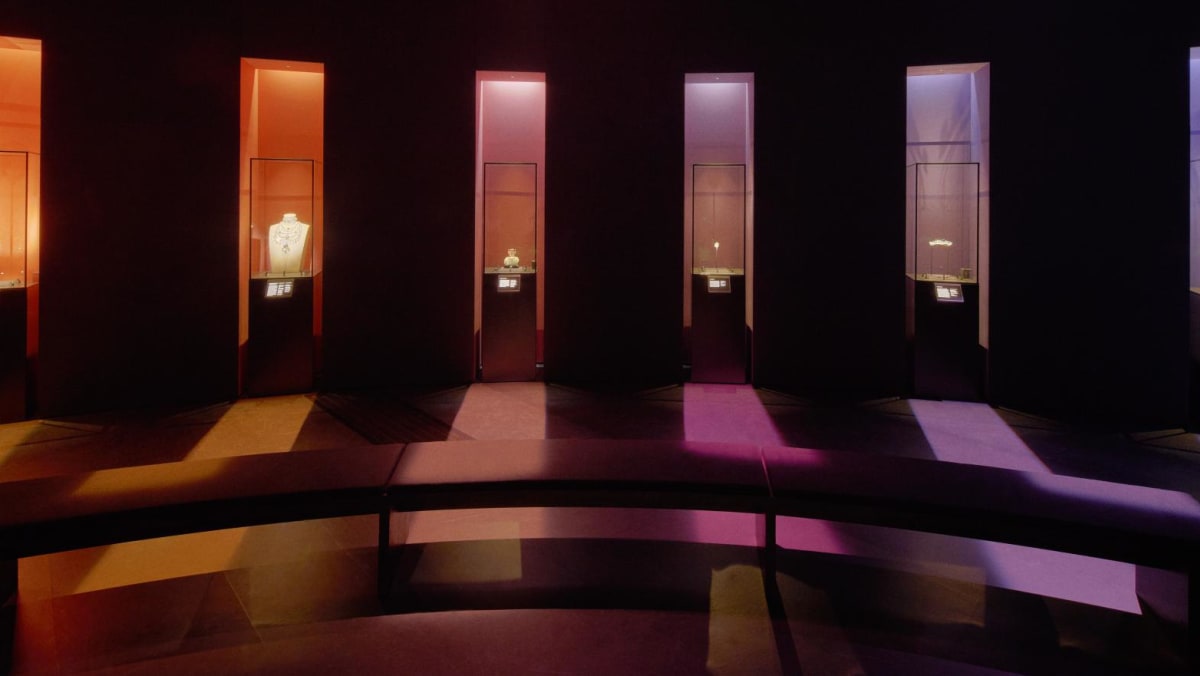
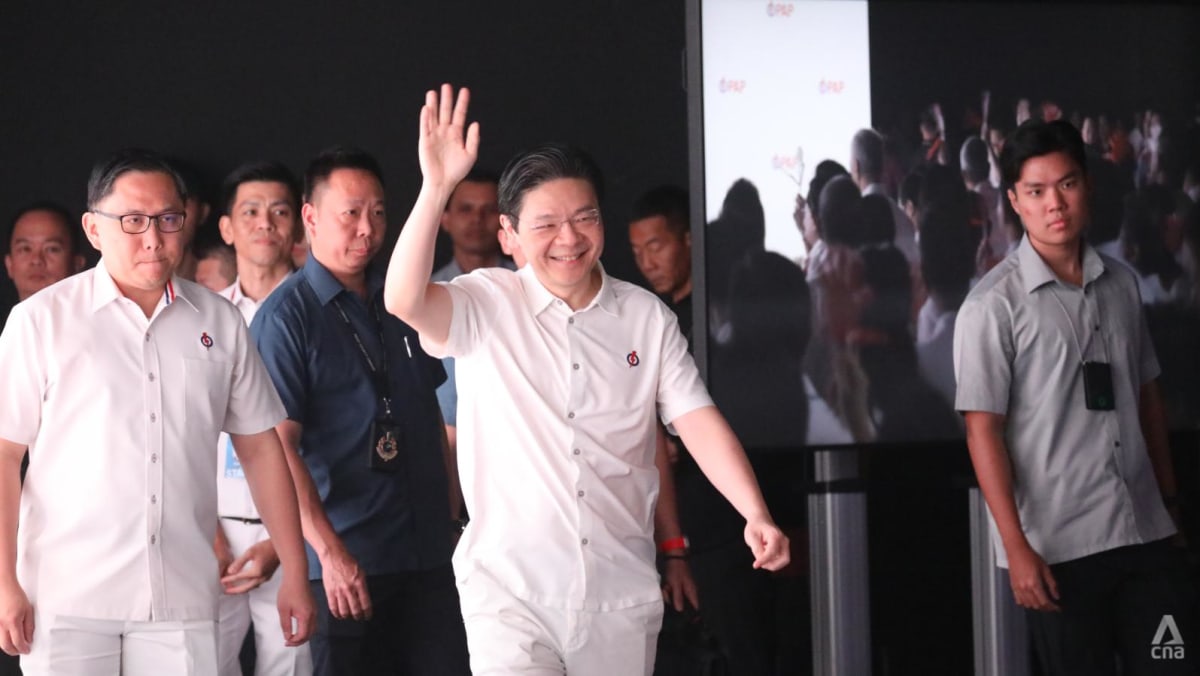
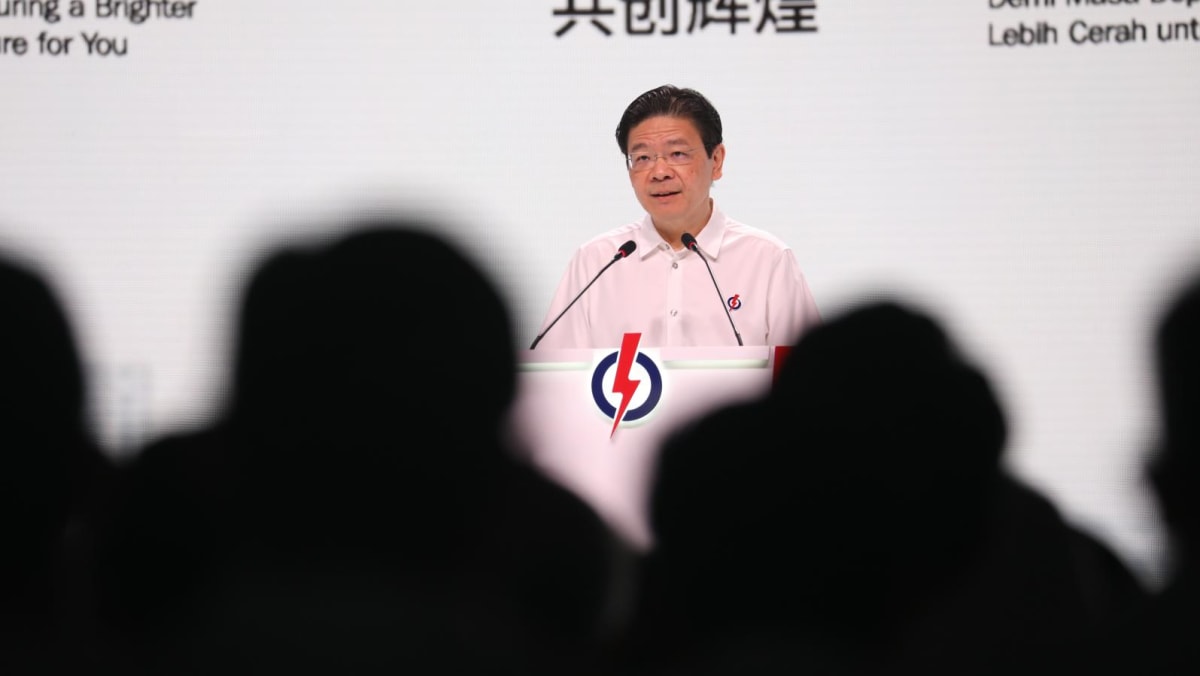
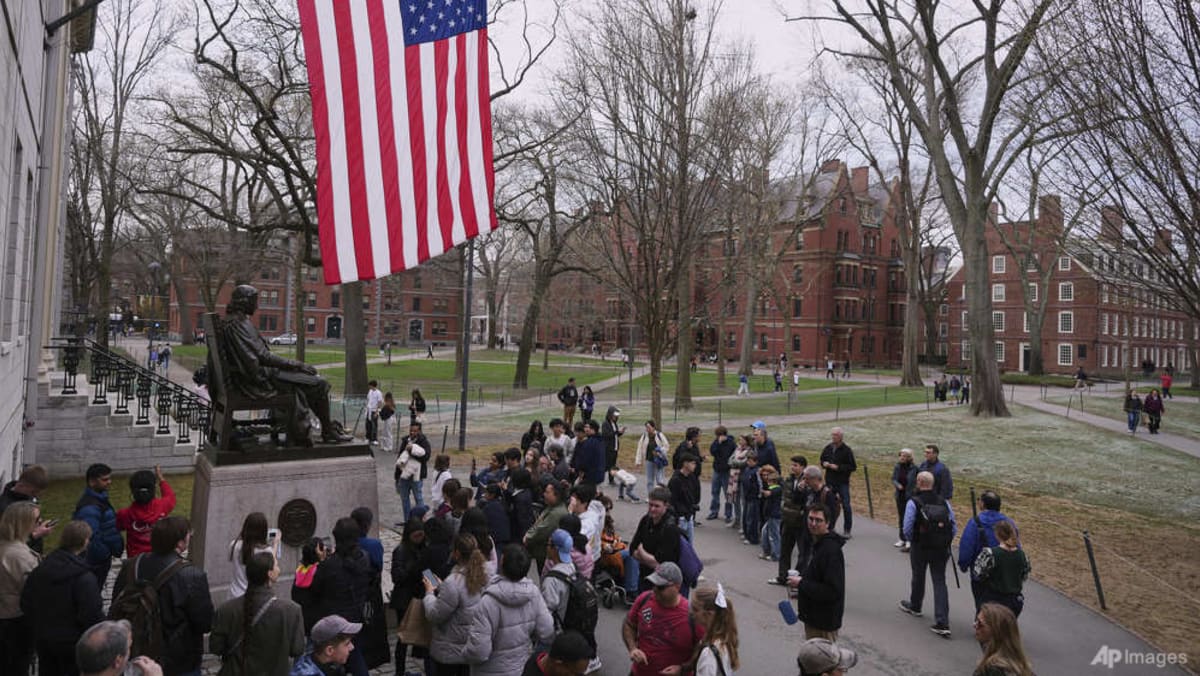

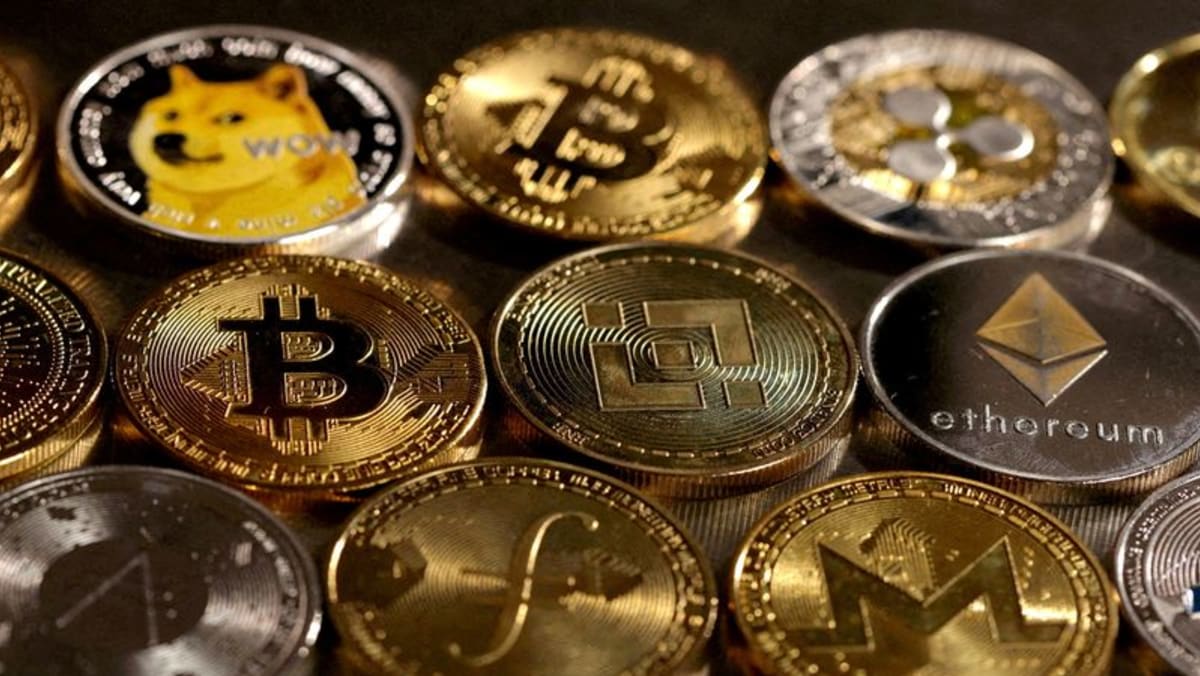



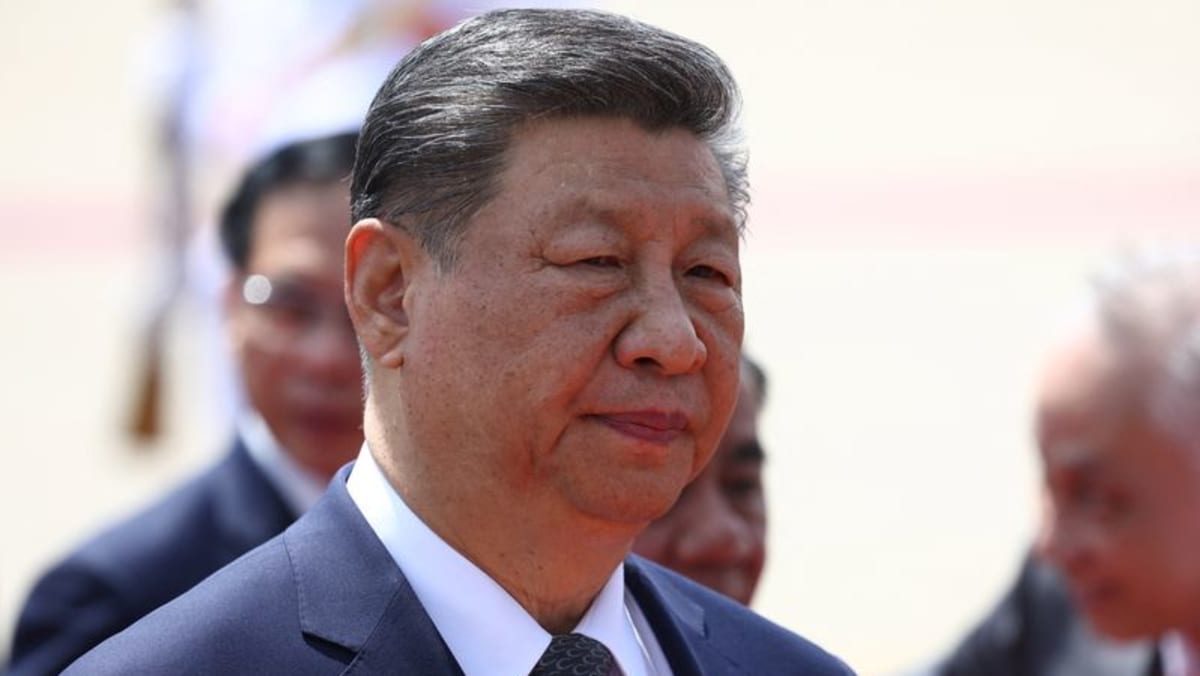
.png?itok=erLSagvf)
